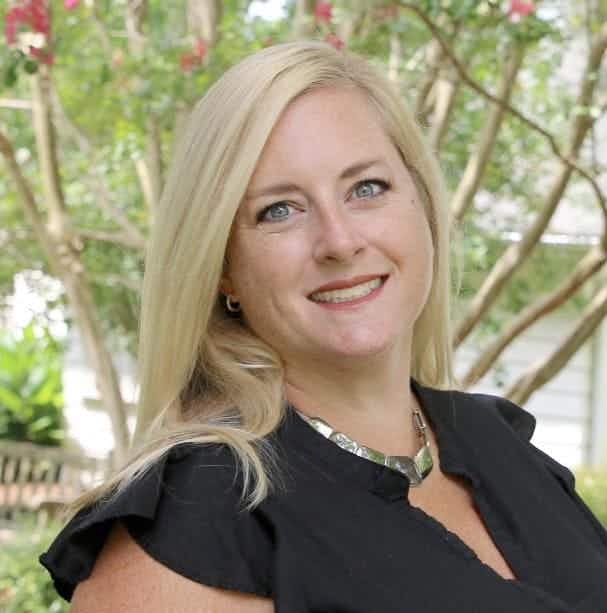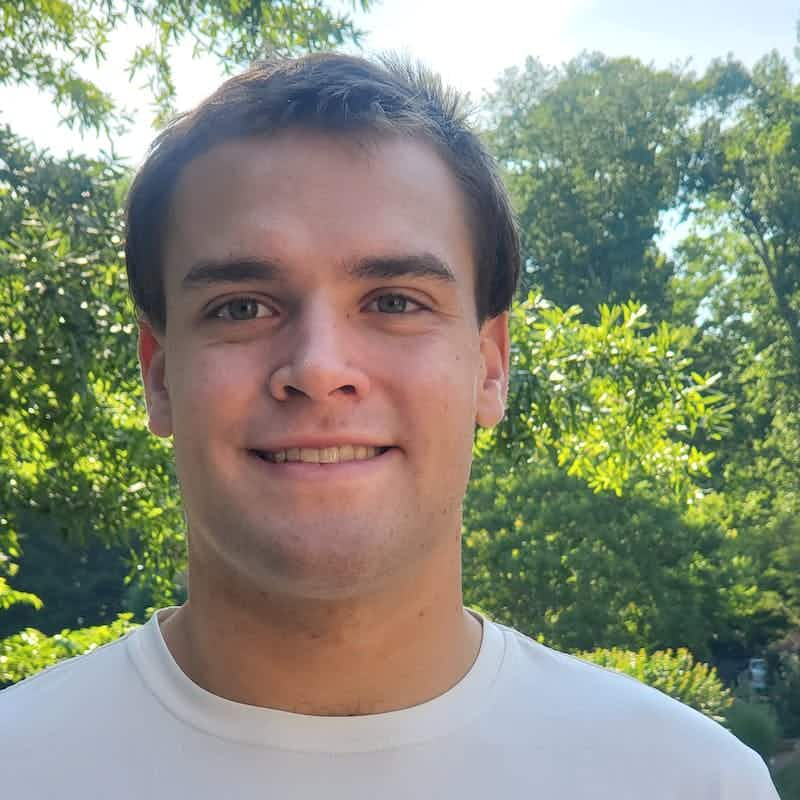Learn to think like a bioscientist
Bioscience: An Inside Look at Infectious Disease
Are you curious about how scientists study and treat infectious diseases at the very deepest level? Would you like to explore college majors and careers connected with this field? If you have a passion for understanding how diseases spring from nature to humans and then spread across our planet, this course is for you. We’ll take a deep dive into the causes and treatments of conditions such as Covid-19, tuberculosis, HIV and more. Ideal for anyone interested in pre-med, scientific research, global health, biology or chemistry.

Understand infectious disease from the molecules up
How You Will Benefit
- Understand how epidemiologists discover, trace and treat infectious disease
- Learn the basics of scientific research—how to work with databases and medical literature
- Gain an understanding of the difference between viral, bacterial and other pathogens that cause disease
- Acquire a working knowledge of the molecular and chemical structure of infectious disease
- Develop your communication, thinking and presentation skills
- Determine if college courses/careers related to infectious disease are right for you

Apply Now for the Next Available Course
Hear from our students
Laura, bioscience student from Brazil"This course is an excellent opportunity for anyone who wants to learn more about viruses, bacteria and diseases. The instructors and mentors are really good, and the required activities are too."
Bioscience student from CA"I would recommend this course as it was interactive, informative, and easy to navigate. I learned a lot about the field of bioscience which helped me to determine what area I might want to research more."
3 Learning Advantages Designed for You
Final Capstone Project
The course culminates with a special capstone project that allows you to:
- Demonstrate what you’ve learned in this course
- Choose an infectious disease and tell its story (the cause, history, symptoms, treatment, etc.)
- Create a presentation using video, Powerpoint, Zoom or another medium you prefer.
Mentoring
You’ll receive guidance from a mentor who can support you and answer questions as you deepen your learning experience. You can expect:
- Encouragement and direction on all assignments
- Inspiration, motivation and confidence to help you succeed
- Brainstorming to help you prepare for your final capstone project
Flexible Learning
- 100% online, works with your schedule
- You’ll learn through engaging video— tune in anytime that works for you
- 25 - 30 hours of total instruction and course work, including engaging multimedia simulations and curated assignments for which you will receive guidance and support
- Engage with fellow students around the world any time, any place
Course designed by Wake Forest University

Dr. Megan Rudock, Ph.D., Wake Forest University
Dr. Megan Rudock earned her B.S. in Chemistry from the University of Georgia, with research focused on biochemistry and molecular biology. She then earned her Ph.D. in Molecular Genetics and Genomics at Wake Forest University School of Medicine. Her doctoral research focused on population genetics and the biochemical and molecular pathways leading to subclinical atherosclerosis and insulin resistance.
Dr. Rudock is a former member of the teaching faculty in the Chemistry Department at Wake Forest University where she taught Everyday Chemistry, General Chemistry and Biochemistry.
Meet The Mentors
Carly
Wake Forest University graduate with a degree in Medicinal Chemistry and Drug Discovery. She contributed to research projects concerning both drug design and synthesis as well as crystallographic structure determination. Carly's pursuing a PhD at West Virginia University, with a focus on organometallic chemistry and catalysis.

George
Graduate student at Wake Forest University pursuing a PhD in Organic Chemistry. He graduated with a BS in Chemistry and Biology from Catawba College.
How to Apply:

It’s easy. No transcripts or letters of recommendation are required. Just provide some basic information and tell us why you wish to take this program.
NOTE: please submit all application materials in English.
Begin the guided process. It should take only a few minutes of your time to answer the questions.
Begin the guided processWant to know more?
Sign up for more information and we’ll be in touch.
Frequently Asked Questions
How will you be graded? What are assignments like? How much time do you get to turn around a project? When do you find out if you’re accepted?
Answers to your questions hereScholarships
We offer need-based scholarships for participating students who exhibit high potential and an inability to pay the full tuition.
- If you haven’t applied to the program, apply here. After submitting your application, click “Apply for a need-based scholarship” on the confirmation page to request a scholarship.
- If you’ve already applied to the program, sign in to your profile to check your scholarship status. If we don’t have a scholarship request on file, click “Apply for a need-based scholarship” to request a scholarship.
The University reserves the right to modify the course as may become necessary.